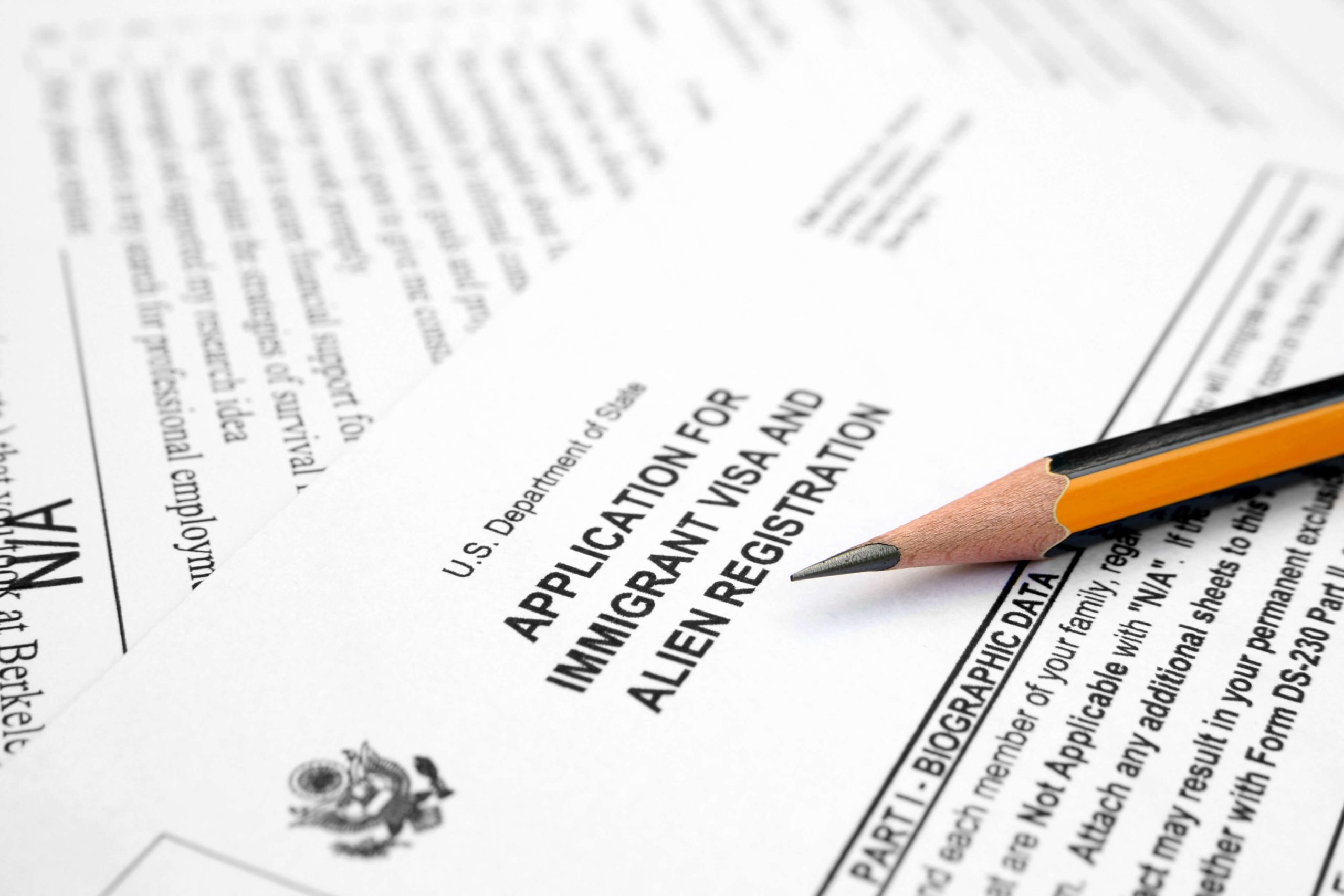Quick Hits
- The U.S. Department of Homeland Security (DHS) has proposed a new rule to replace the current H-1B random selection lottery with a weighted wage-based selection process, favoring higher-paid and higher-skilled workers.
- The proposed rule aims to prioritize H-1B applications for higher-paying positions by requiring wage information during the initial registration process.
- The new weighted selection process assigns more entries to higher wage levels, increasing the chances for higher-paid foreign workers while still allowing for the possibility of selection at all wage levels.
Background
Immigration law limits H-1B visas to 65,000 annually, with an additional 20,000 H-1B visas reserved for foreign workers holding advanced degrees earned from U.S. universities or colleges.
The proposed rule resembles the November 2020 rule, Modification of Registration Requirement for Petitioners Seeking to File Cap-Subject H-1B Petitions, which was subsequently rescinded. It purports to align with congressional intent for the H-1B program to fill labor shortages in highly skilled positions by favoring higher-skilled and higher-paid foreign workers, thereby protecting the American workforce. This is the latest immigration development following the recent presidential proclamation requiring a $100,000 fee for certain H-1B visas, including those in the upcoming lottery.
The Proposed H-1B Cap Weighted Wage-Preference System
USCIS has been using an electronic registration system since March 2020, whereby sponsoring employers initially provide only basic biographic information for each of their candidates for H-1B employment. If the registered candidate is selected in the lottery, the employer is eligible to file a complete H-1B petition for adjudication. The proposed rule would require the wage information to be included in the initial registration process to prioritize selection, favoring higher wage levels.
The weighted selection process is predicated upon the four-tiered wage structure of the Occupational Employment and Wage Statistics (OEWS) wage survey. The OEWS wage survey categorizes occupations by Standard Occupational Classification (SOC) code, geographic area of employment, and wage levels ranging from Level I (entry level) to Level IV (fully competent).
The proposed rule sets forth a weighting process that would assign more entries in the lottery selection pool to higher wage levels, thus shifting the odds in favor of the highest-paid foreign workers while still allowing for the possibility of selection at all wage levels.
| Corresponding Wage Level | Number of Entries Into Selection Pool per Beneficiary |
| Wage Level IV | 4 entries |
| Wage Level III | 3 entries |
| Wage Level II | 2 entries |
| Wage Level I | 1 entry |
The employer’s H-1B petition filing must match the registration wage details—any changes would only be accepted in USCIS’s discretion for bona fide job offers.
Comments on the notice of proposed rulemaking are due no later than October 24, 2025. Comments on the associated information collections are due no later than November 24, 2025. Once the comment period closes, DHS will review the feedback and publish a final rule in the Federal Register.
Analysis and Impact
- The proposed weighted selection process would prioritize higher-paid foreign workers by giving them a greater chance of selection in the H-1B cap lottery.
- Entry-level workers with less experience and lower wage level positions are not excluded, but their chances of selection are reduced compared to higher wage level workers.
- Employers would be required to provide accurate wage and job information as part of the registration, likely comparable to the details typically included in the Labor Condition Application (LCA).
- As with the November 2020 rule, this new rule will likely face court challenges.
Ogletree Deakins’ Immigration Practice Group will monitor developments with respect to these and other policy changes and will post updates on the Immigration blog as additional information becomes available.
Follow and Subscribe
LinkedIn | Instagram | Webinars | Podcasts





